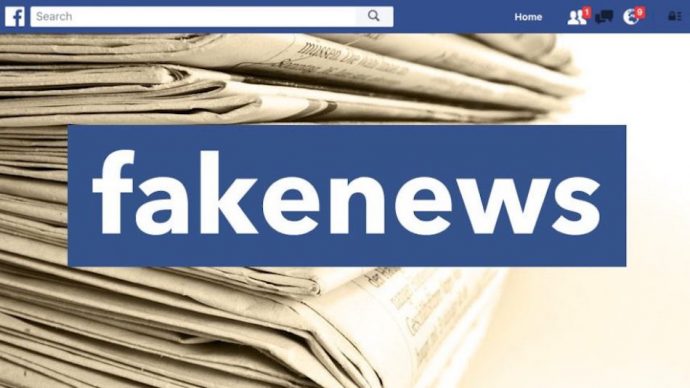Here is Deana Chadwell writing at American Thinker about what’s been a hot topic lately — “faux news”:
Mostly we need to define news and we’ll do that by declaring what it’s not.
News is not what a person has said in an ordinary conversation. That’s gossip, not news. If a powerful person gives a public speech, what he or she says needs reporting, but if MollySue McGillicutty says something in an offhand way at a dinner party, that is none of anyone’s business. When Hillary asked, during a Congressional hearing, “What difference, at this point, does it make?” that was news — we learned a lot about her from that one, very public sentence. When a tape was leaked of Trump making a crude remark in a private conversation 20 years ago that was gossip. And it was twisted and misconstrued into a “confession of sexual assault.” Which brings up another point:
News is not what we want it to be; it is what it is. When Mary Mapes and Dan Rather went after George W. Bush about his stint in the National Guard, they were trying to find something with which to attack him during his second-term candidacy. They weren’t reporting anything pertinent to the nation’s wellbeing; they were trying to defame him and they wanted that so badly they were willing to accept as truthful a fabricated document. Journalism schools need to be making that clear — news is what is. Period.
Which brings up another point: news is not narrative, not in the fictional sense. You don’t get to make up a story just to fit a preconceived “narrative” — a code word that means, “what we wish were true.” You don’t get to twist your phrasing to make the story mean something it doesn’t. You don’t get to mess with the bare facts. Innuendo has no place in a news story.
Read more: American Thinker

